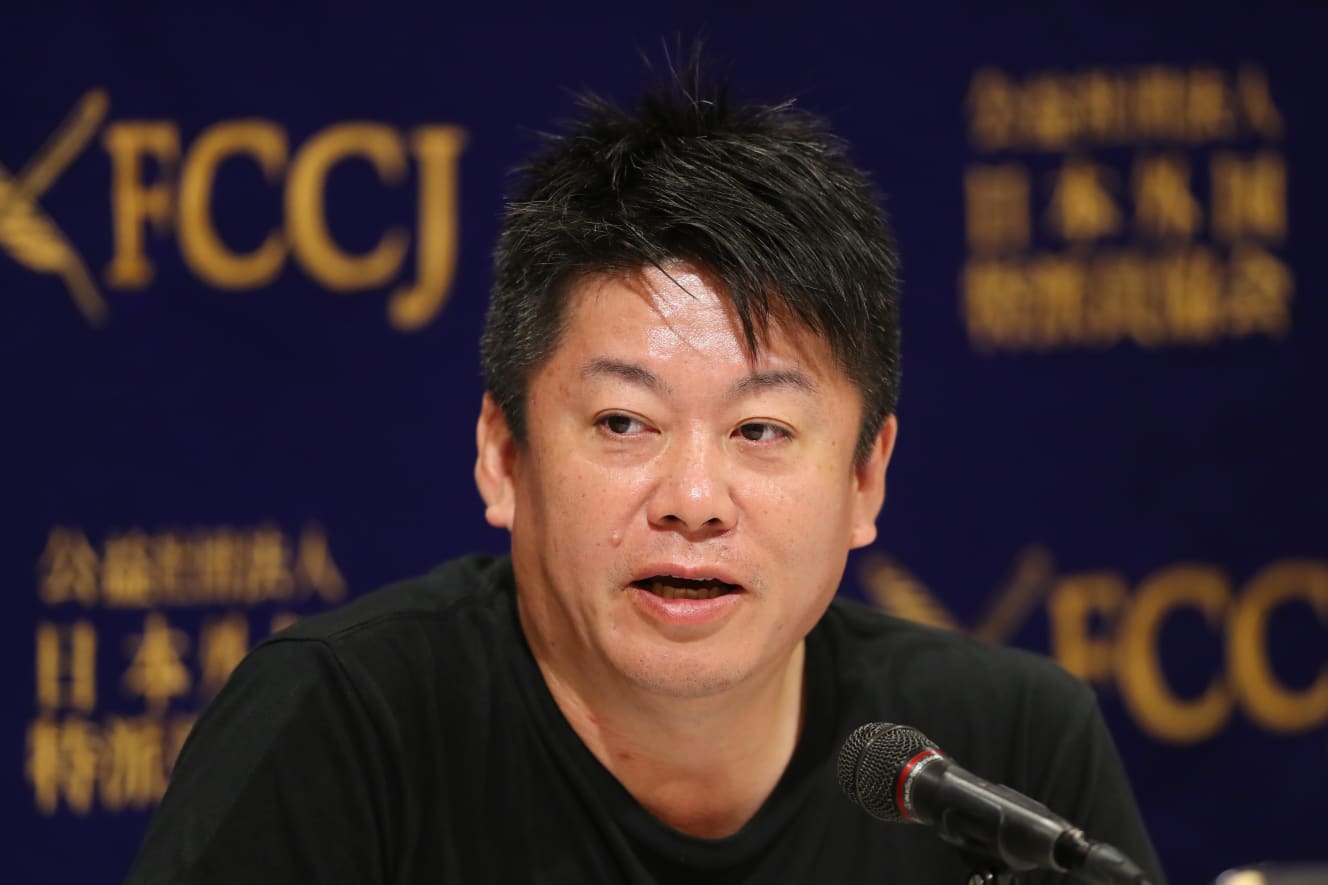Horiemon Challenges Stricter Penalties for Political Funds Control Law
Entrepreneur Takafumi Horie updated his YouTube channel and posted a video titled:
“Why I Oppose Stricter Penalties for the Political Funds Control Law.”
In the current Diet session, the ruling and opposition parties are divided over the revision of the Political Funds Control Law, sparked by the Liberal Democratic Party’s slush fund issue.
Although the proposed changes, such as lowering the reporting threshold for party tickets from 200,000 yen to 50,000 yen and making policy activity expense receipts public after ten years, might seem reasonable to the public, Horie vehemently declared his opposition to stricter penalties. Aware of the criticism he might face, Horie prefaced his remarks with:
“When I say this, people will accuse me of being a lapdog of the Liberal Democratic Party or of being paid by the government, but I speak on policies case by case, and I do criticize when necessary.”
Horie argues that stricter penalties are problematic because they could be used by prosecutors as a tool to oust politicians or secretaries they deem should not hold power.
“Politicians who genuinely want to improve society are being dragged down. I believe the greater social loss is when they can’t exert their influence in the political arena,” he said.
Horie cited past examples, claiming that when Ichiro Ozawa of the Democratic Party was close to becoming Prime Minister, prosecutors blocked this by indicting his secretaries for violations of the Political Funds Control Law in connection with the land purchase by Ozawa’s political funding group, Rikuzankai. While the three secretaries were found guilty and given suspended prison sentences, Ozawa was acquitted.
Horie argues that stricter penalties would make it even easier for prosecutors to wield power and act arbitrarily.
“Horie himself was convicted and served time in prison. Since his release, he has consistently criticized the prosecutors. Indeed, as CEO of Livedoor, he was sentenced to 2 years and 6 months in prison for accounting fraud involving 5.3 billion yen,” a national newspaper reporter said.
However, in July 2013, executives involved in the Olympus scandal, which involved accounting fraud of 117.8 billion yen, received suspended sentences. Similarly, no one was imprisoned for the Kanebo scandal, which involved accounting fraud of 215 billion yen and occurred around the same time as the Livedoor incident.
“Horie alone was given a prison sentence despite the magnitude of the Livedoor fraud being significantly smaller. At that time, his attempts to acquire a TV station and a baseball team might have made him a target for someone’s ire,” the reporter added.
On the other hand, some believe Horie is overly supportive of the government, as he himself acknowledges.
“In his videos, Horie often praises Prime Minister Kishida, calling him ‘surprisingly well-received’ and reasonable. He also mentions lobbying the government for his space business. In reality, Horie’s rocket venture company, Interstellar Technologies, received 2 billion yen in government support. So, his seemingly joking remark about receiving money from the government might be true, making his pro-government statements appear biased,” a talk show insider remarked.
The drama “Anti-Hero,” starring Hiroki Hasegawa, which exposed the dark side of prosecutors and saved a wrongfully convicted death row inmate, concluded to acclaim on the 16th. Whether Horie, with his aggressive stance against the prosecutors, can become an “anti-hero” like in the drama remains to be seen.
PHOTO: Yohei Osada/Afro
